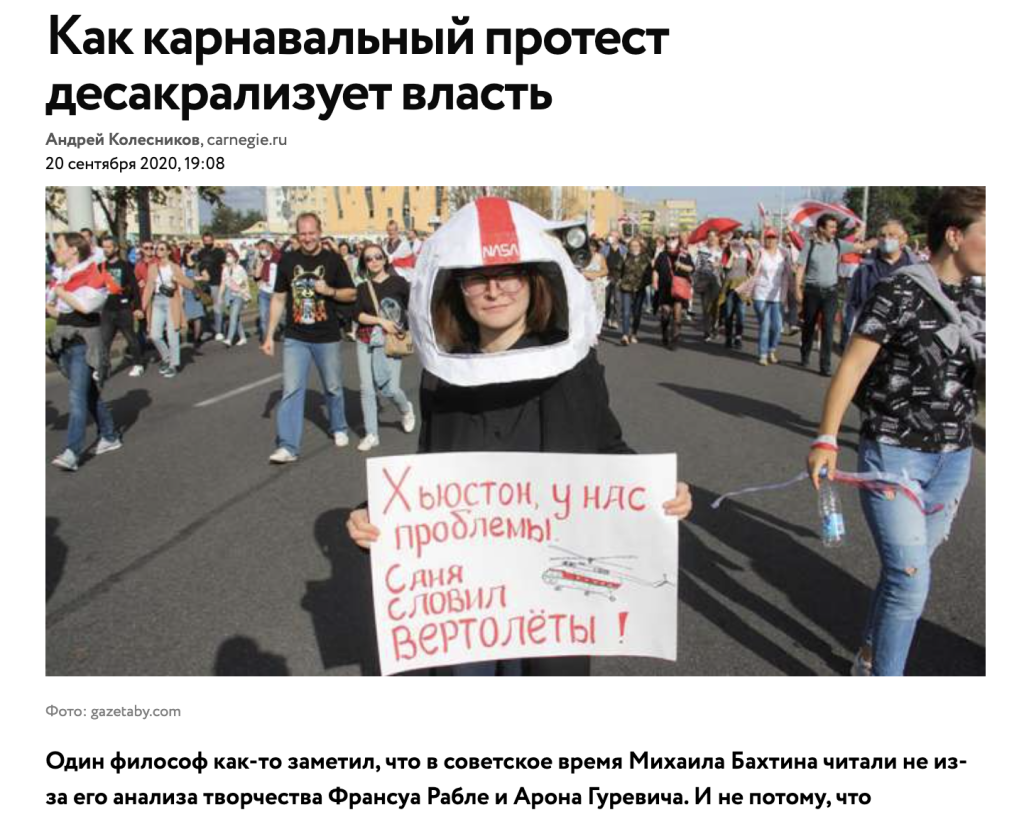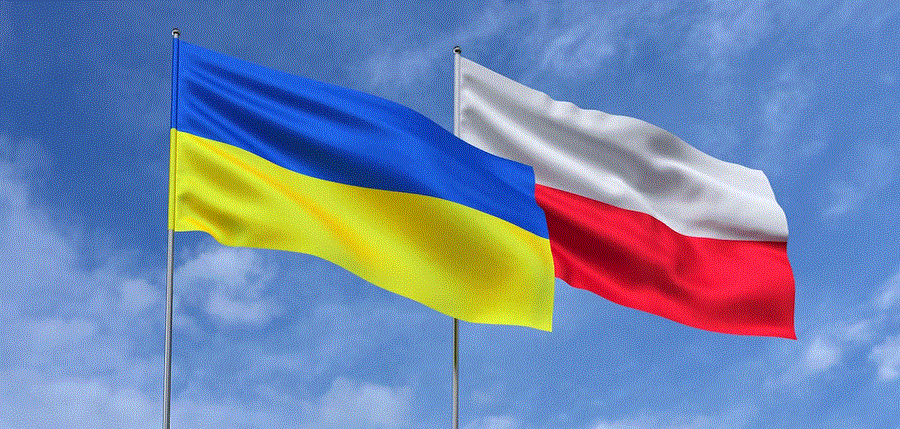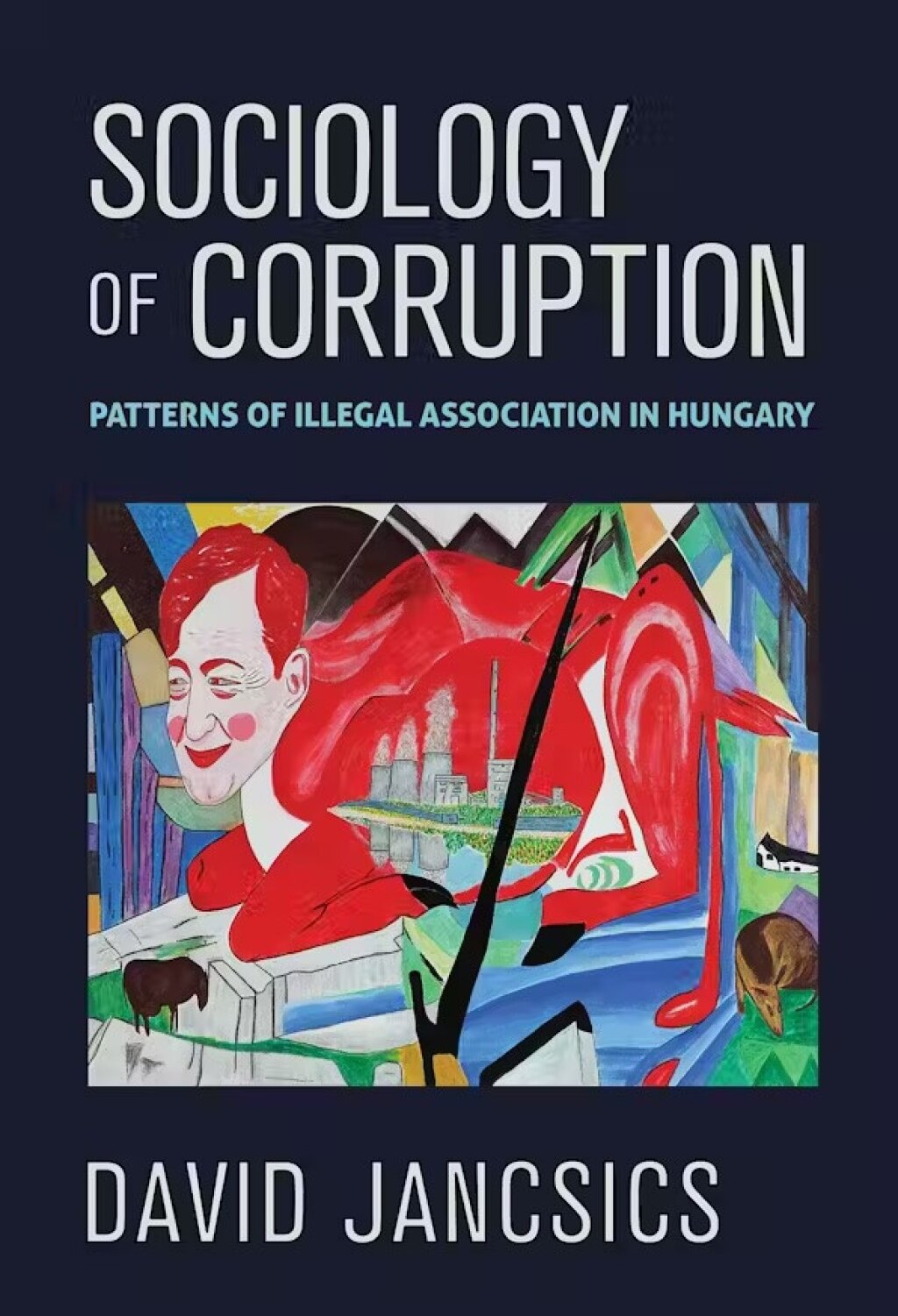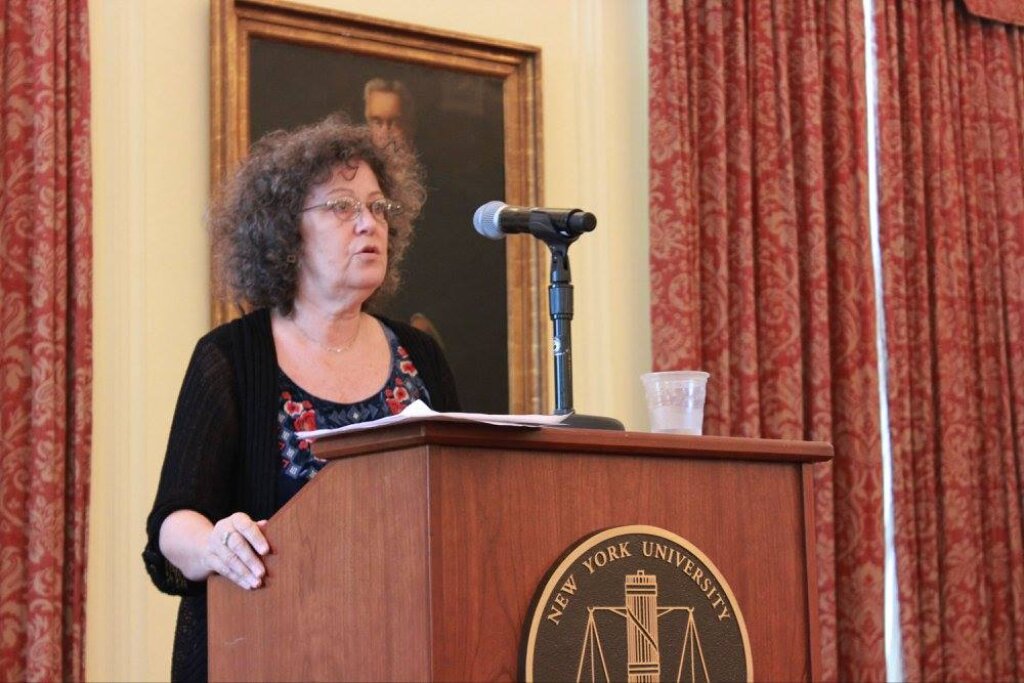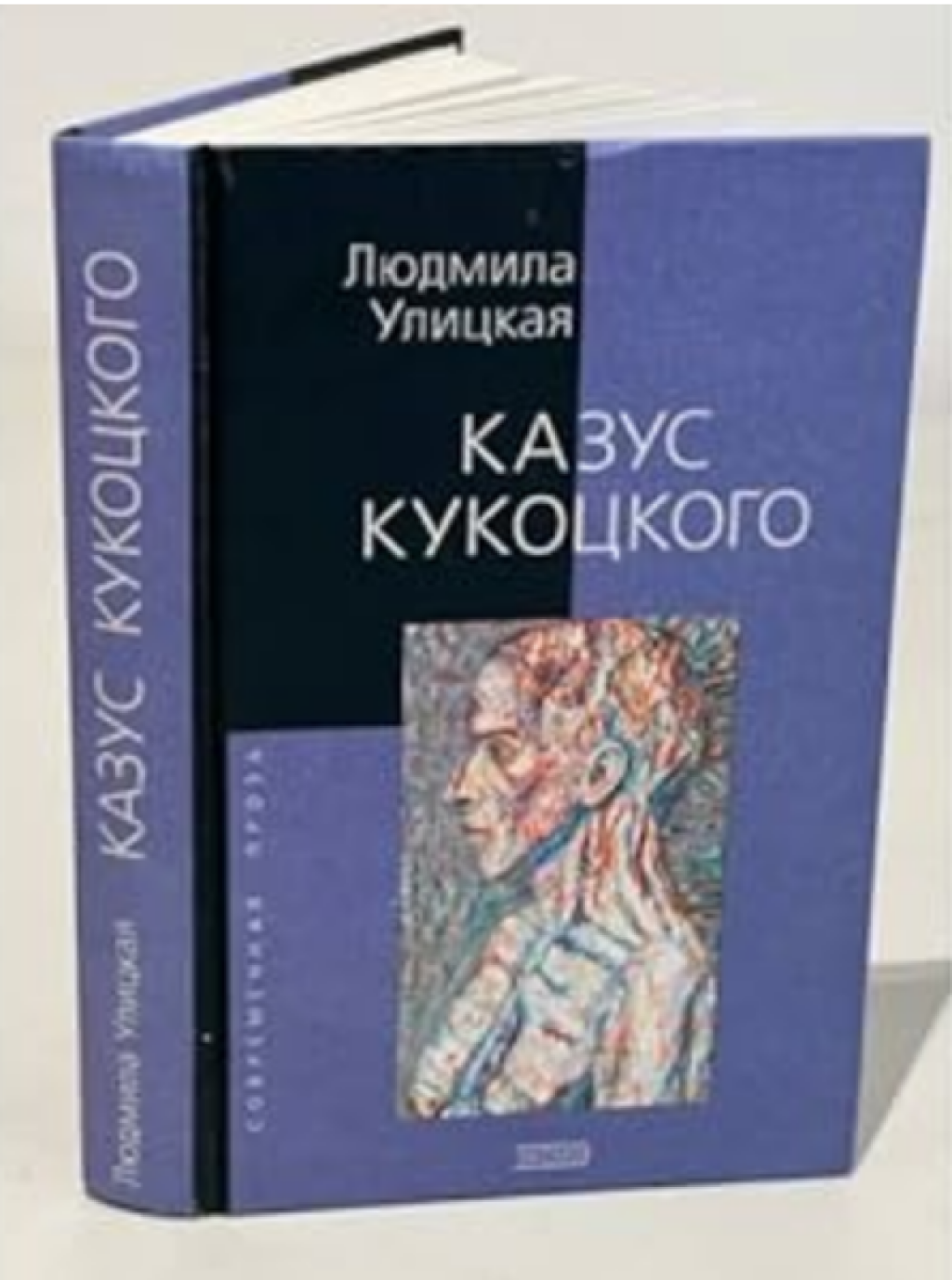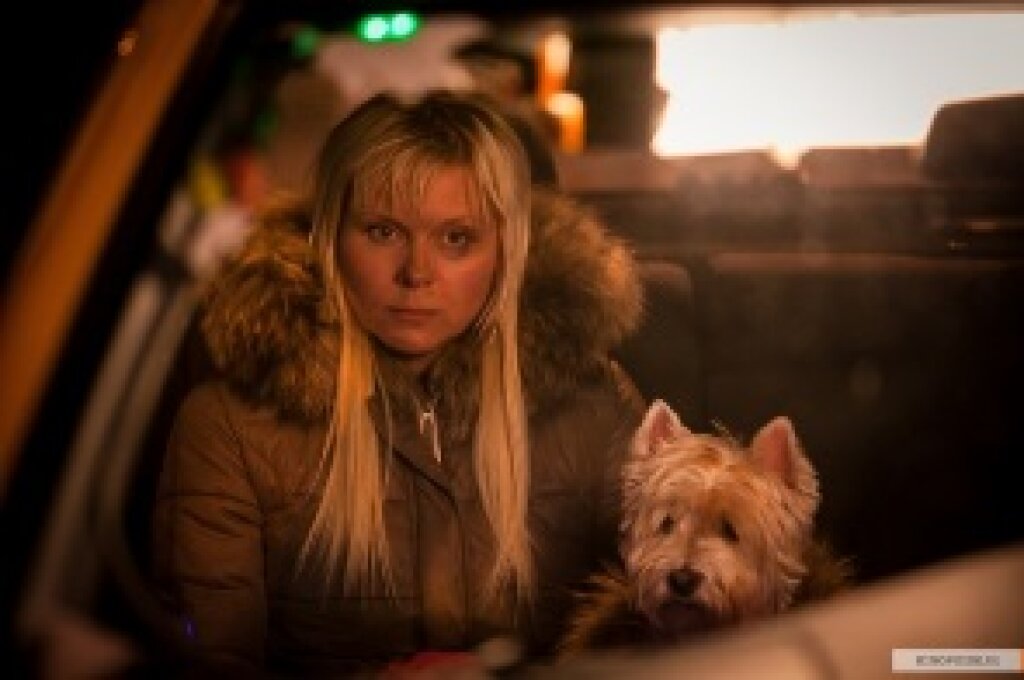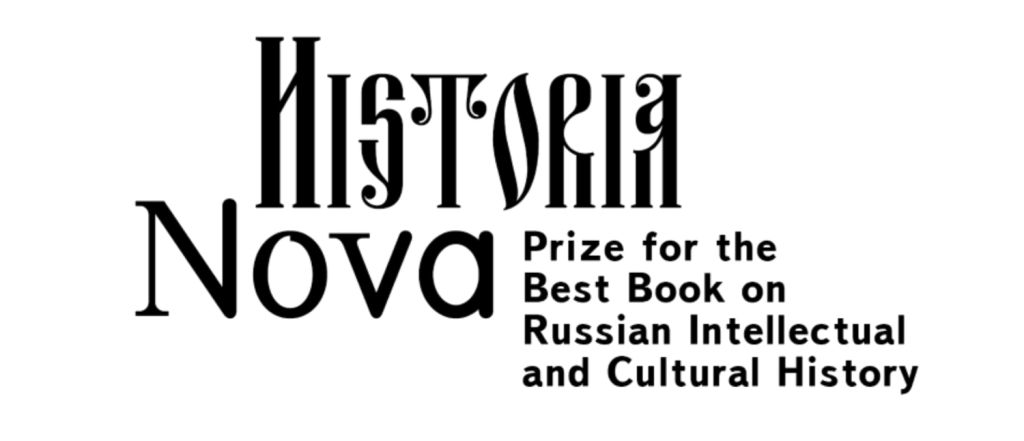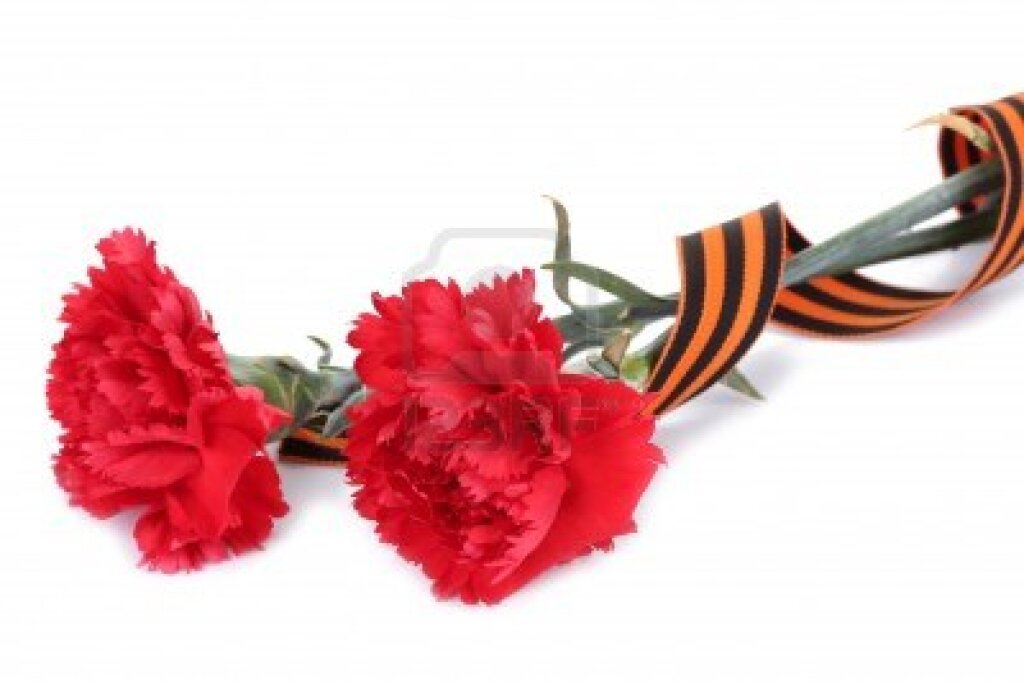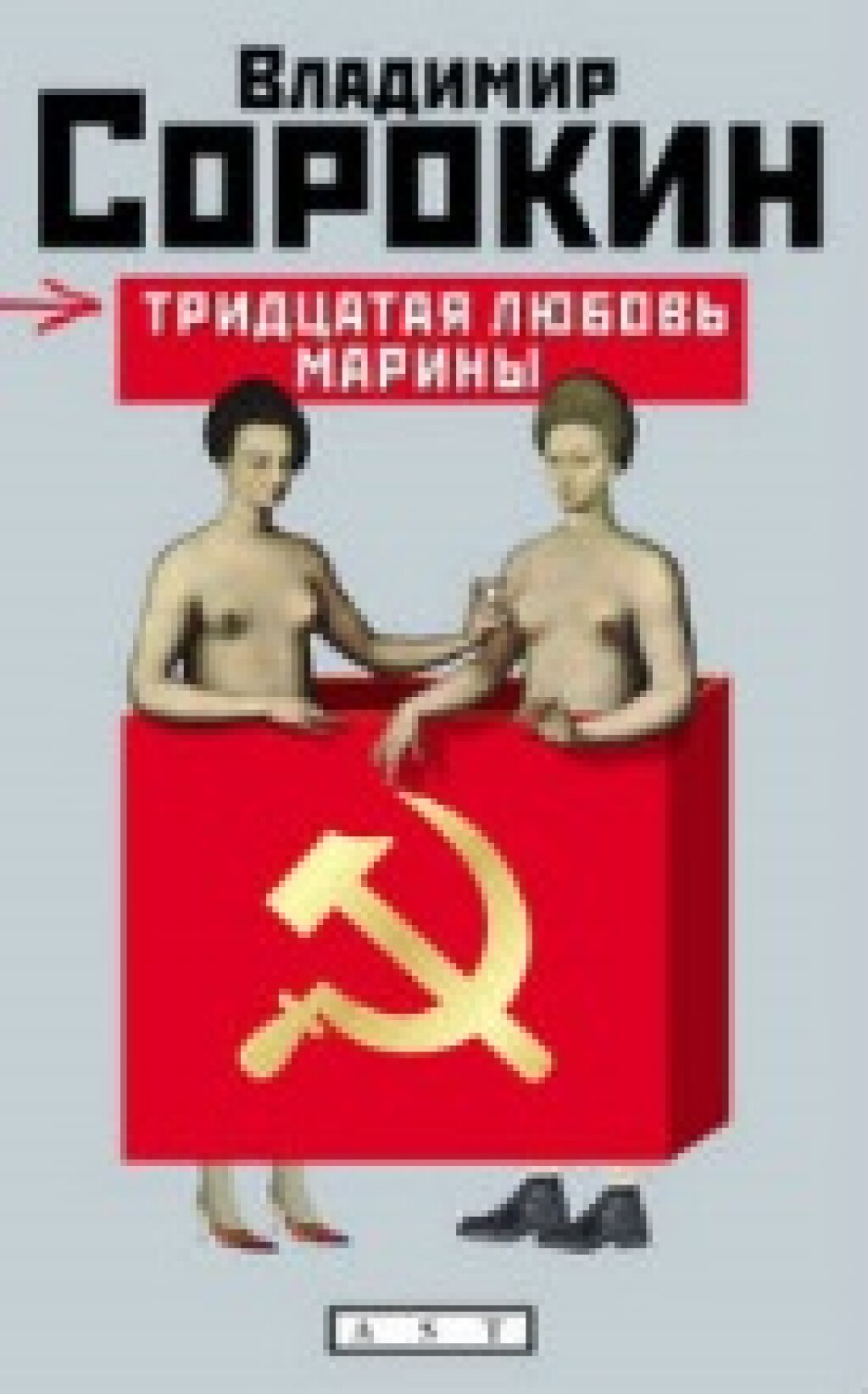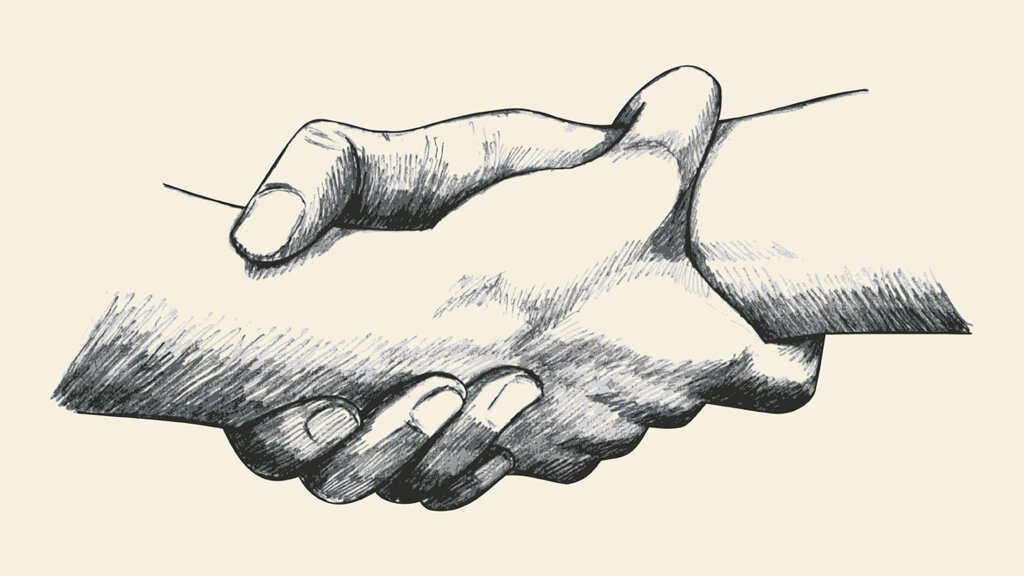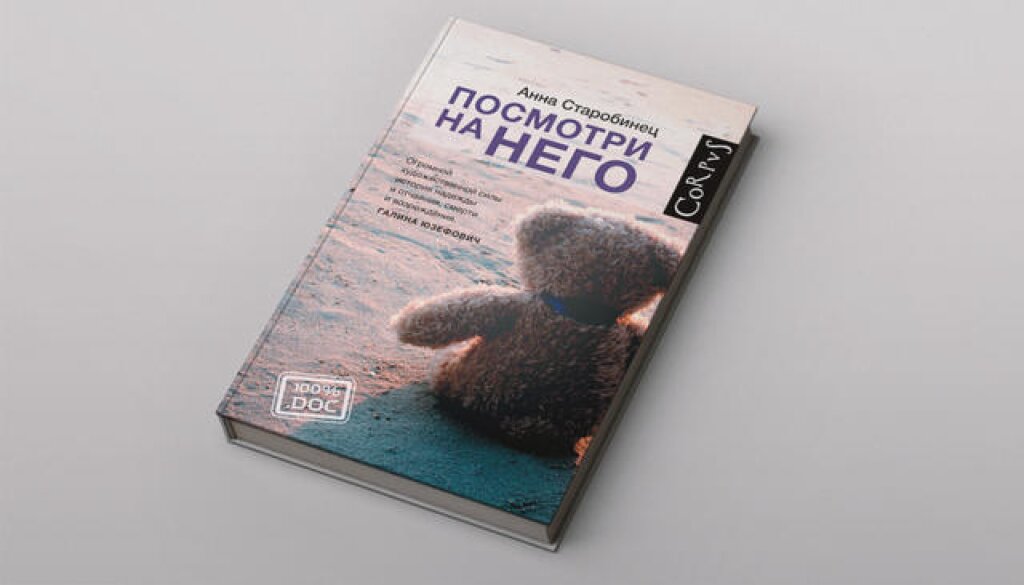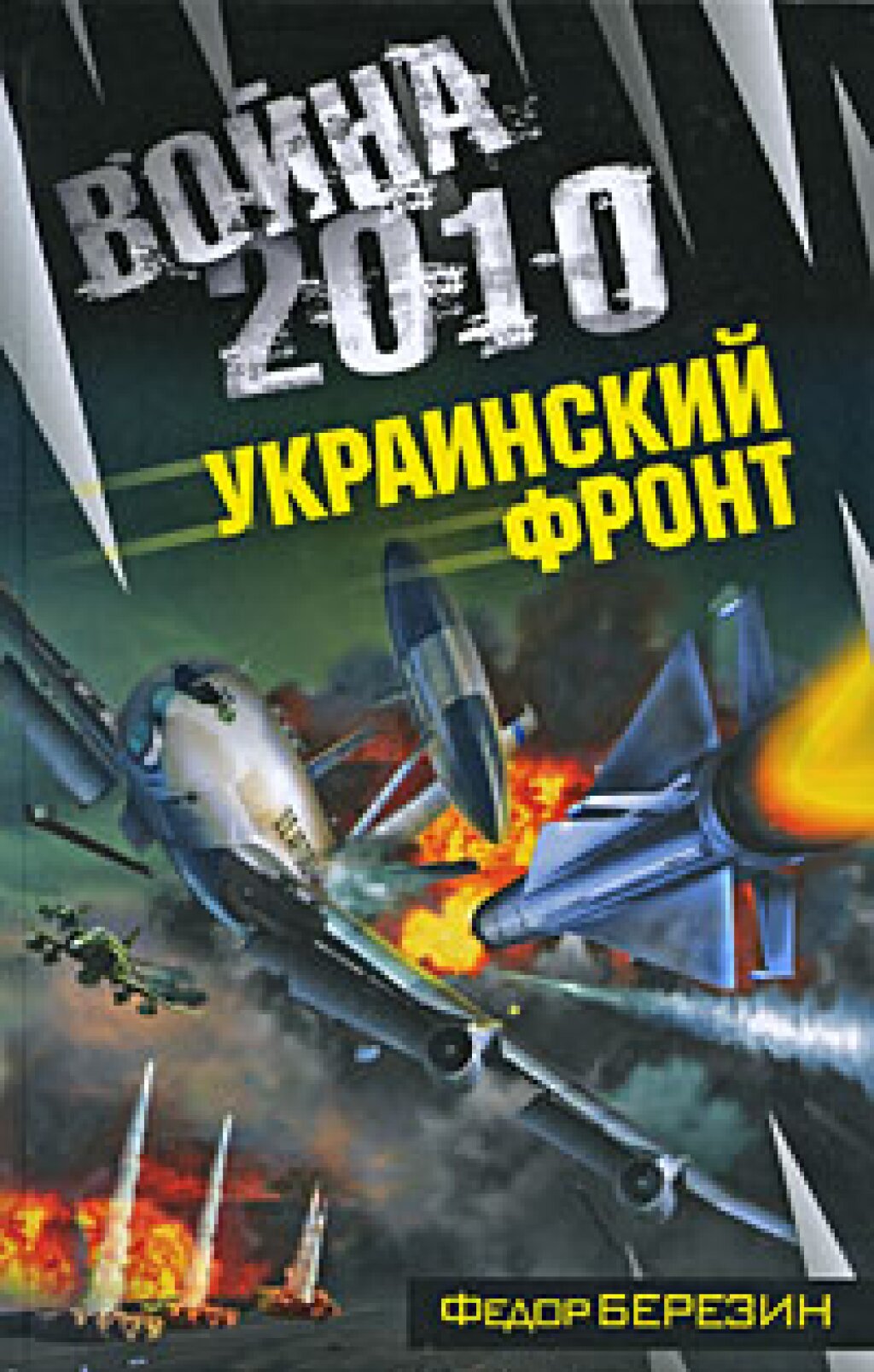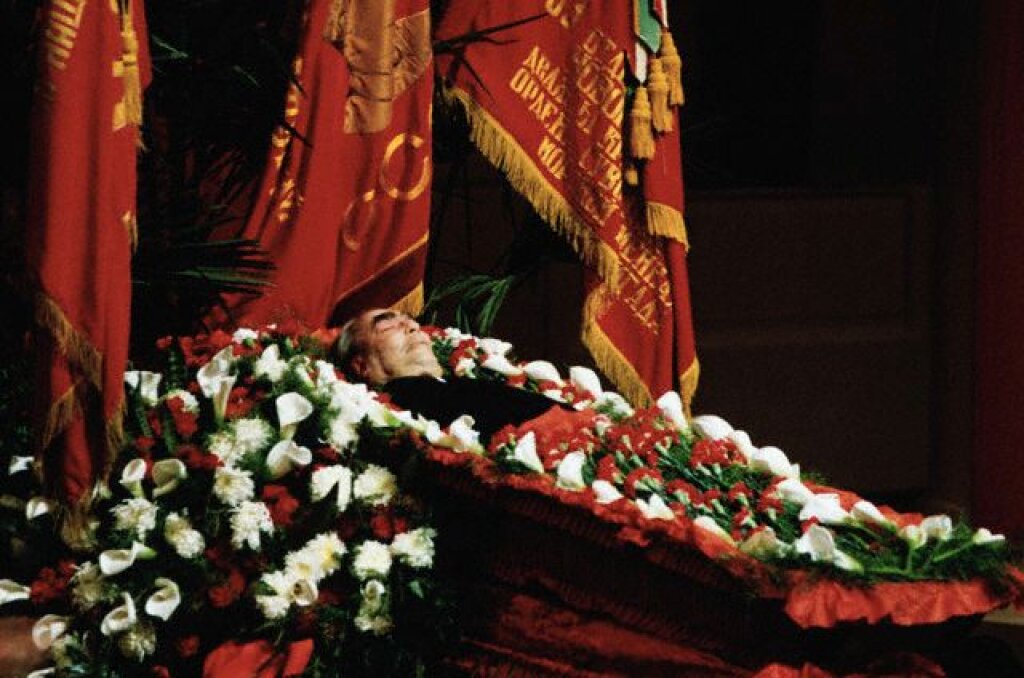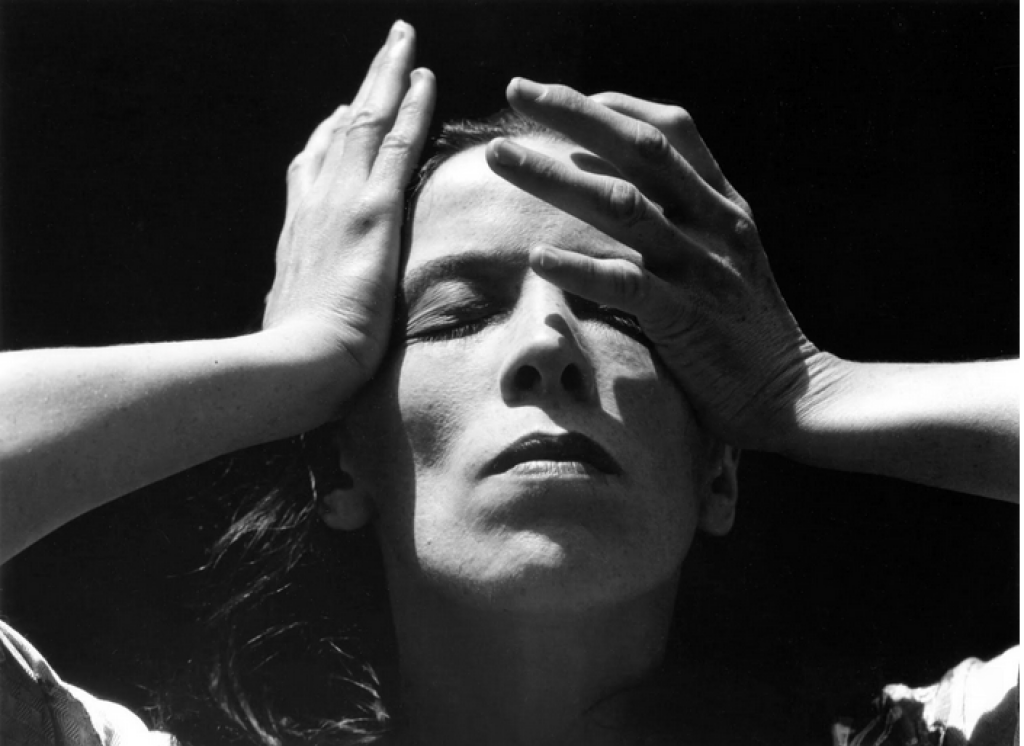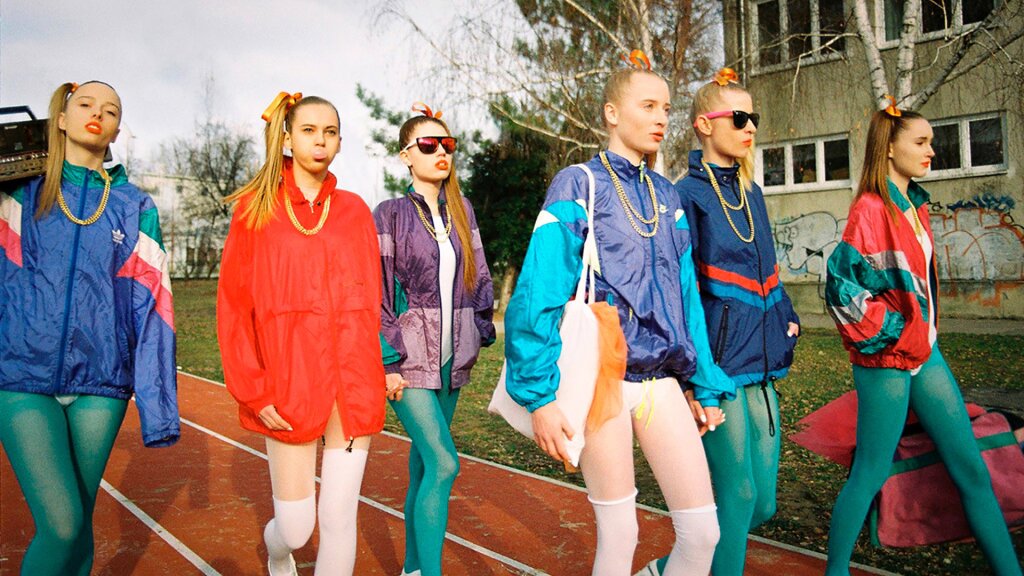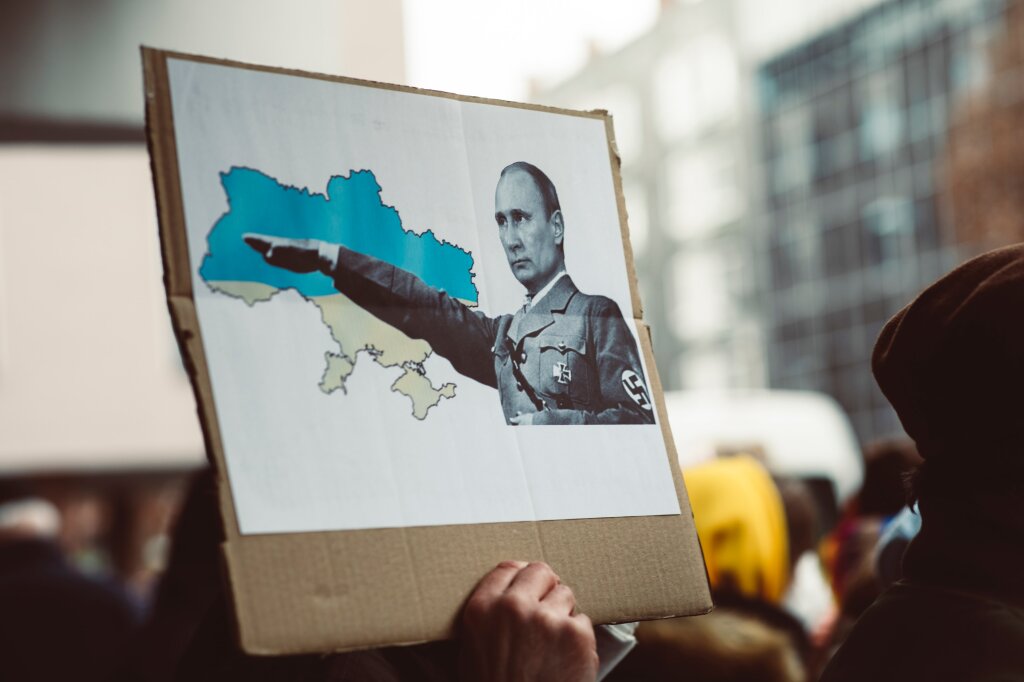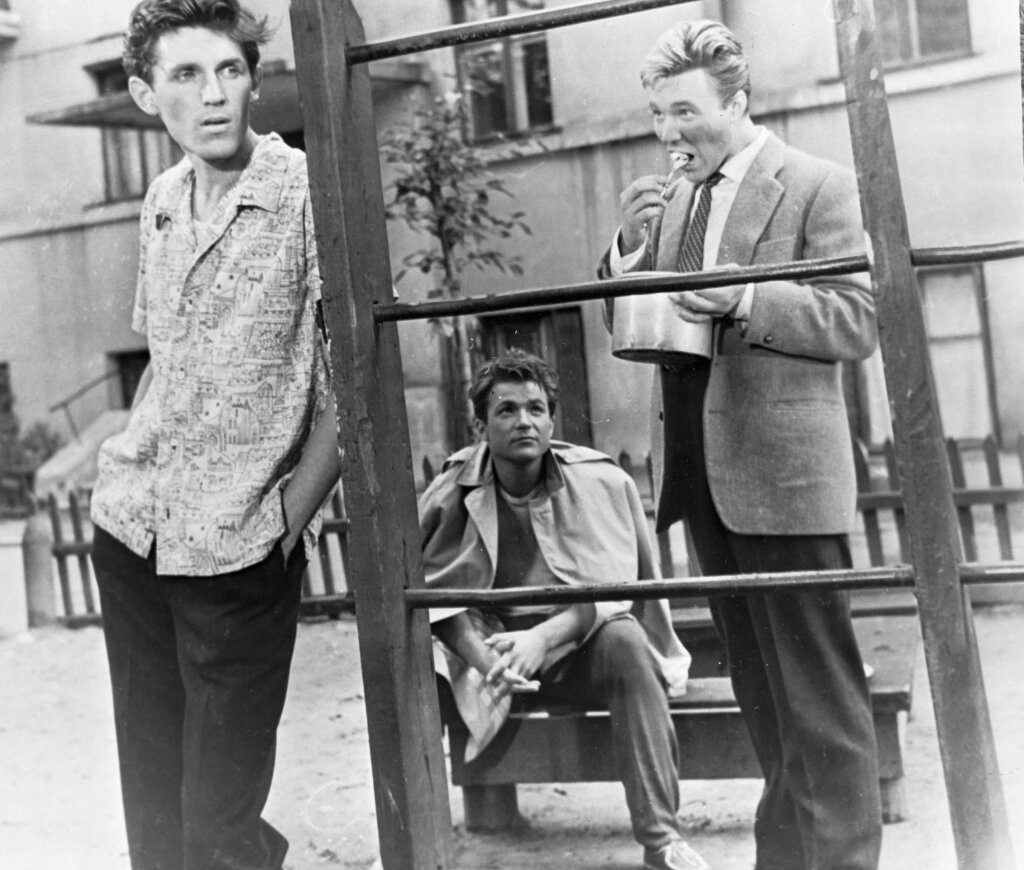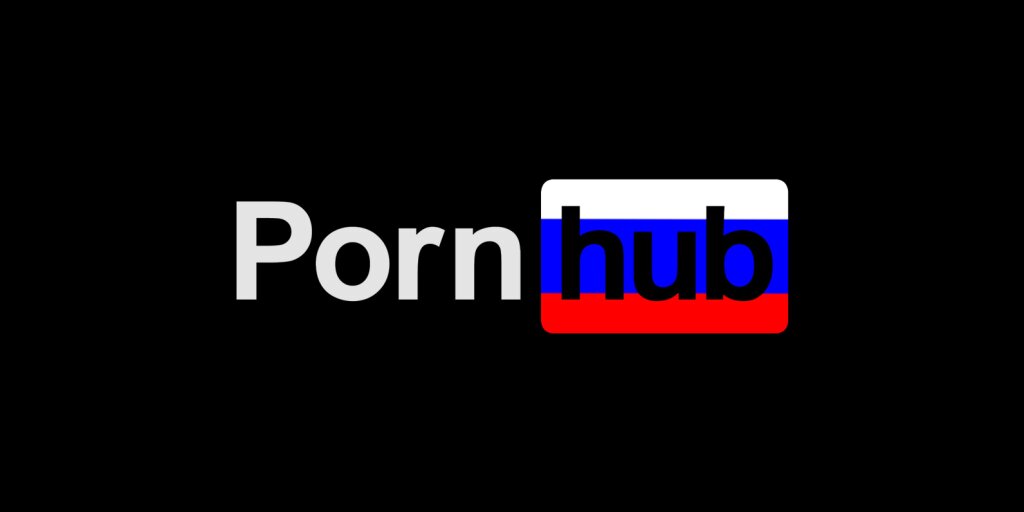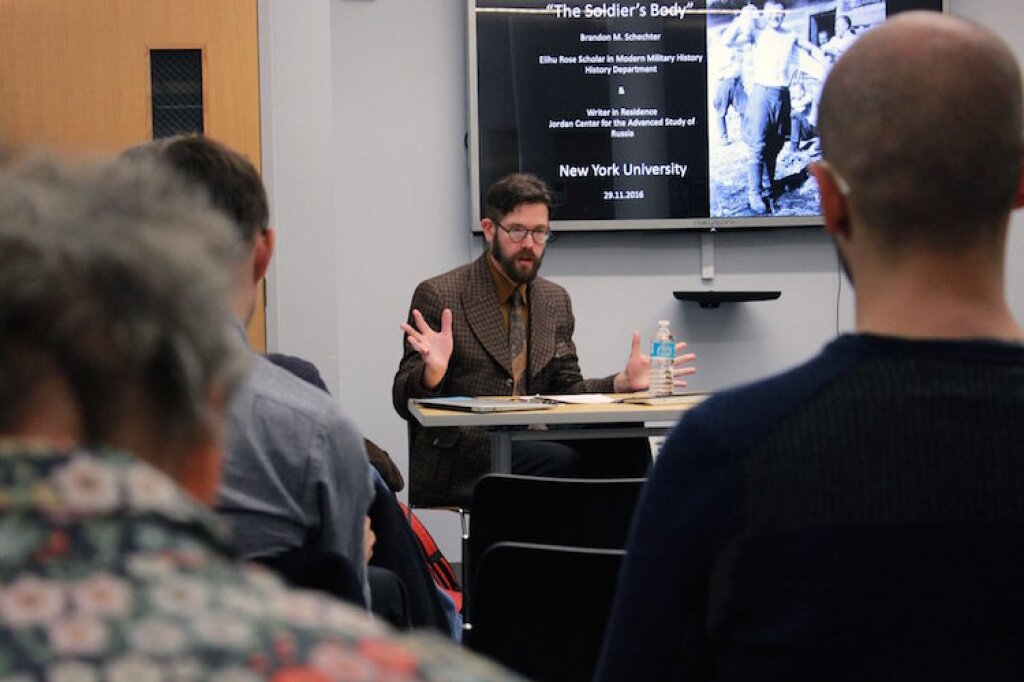Featured
Nancy Condee discusses the politics of seizure in Russian culture today
On September 25, 2015, the NYU Jordan Center for the Advanced Study of Russia welcomed Professor Nancy Condee for its 2015 Distinguished Lecture. Condee, who teaches Slavic and film studies...
Pregnancy and Writing the Female Body in Lyudmila Ulitskaya’s "The Kukotsky Case”
In her 2001 novel, Ulitskaya uses the medical gaze to bring the pregnant woman closer to her child.
Cold Snap (Part I): Russian Film after Leviathan
This essay provides context for roughly thirty-five current and upcoming Russian films, loosely clustered around four topics: directors; debuts; economic health; and dominant industry trends.
3 Questions: Russian intellectual history as a practice and project (Historia Nova Interviews)
What kinds of intellectual projects would be most beneficial for our shared fields?
Talking with Scholarly Publishers (Historia Nova Prize Part II)
What advice would you give a young scholar when submitting a manuscript to your press?
Reenactments of 1917 in Film: Conference Recap
In collaboration with NYU’s Department of Comparative Literature and the Department of Cinema Studies, the Jordan Center welcomed speakers and guests November 17-18 for “Reenactments of 1917 in Film.” As...
The St. George's Ribbon and National Insanity
Today’s owner of a German car shares his identity with his grandfather, who fought the Nazis.
Cold Snap (Part II): Russian Film after Leviathan
An auteurist orientation, therefore, is neither good nor bad, but it is certainly mismatched to an industry—especially during periods of robust growth—in which so-called “spectators’ cinema” [zritel'skoe kino] is in...
Open Letter on the Termination of Russian Studies Faculty at Ohio University
Like you, we are wholeheartedly invested in the survival and recovery of higher education in the United States amid the COVID-19 pandemic. That recovery depends on the will of universities...
Thugocracy: A Way to Think About Trump and Putin
Professor Ries and her team developed an overarching lens through which the two world leaders could be viewed: by tracing similarities in their respective careers, Ries has concluded that both...
Breaking Taboos by Injecting the Personal: Anna Starobinets and the Tradition of Solzhenitsyn
In Russian culture, the writer often acts as a missionary, charting new paths in public discourse by broaching previously unmentionable topics. In 2017, Russian fiction writer Anna Starobinets (pictured above)...
Russia, Ukraine, and the Fantasies of War
Why should we surprised when the facts of the Ukrainian bloodshed prove so malleable in the media?
Cultural Despair and the Soviet Seventies
In today’s United States, the '70s seem close at hand. After Donald Trump’s election to the presidency, Foreign Policy asked if the country was once again facing “the geopolitical malaise...
Excerpt from Victoria Phillips' "Martha Graham's Cold War: The Dance of American Diplomacy," Part II
This week, "All the Russias" is delighted to feature excerpts from Victoria Phillips' book, "Martha Graham's Cold War: The Dance of American Diplomacy," out in 2019 from Oxford University Press....
Russians’ “Impressionable Years”
I argue that Russians’ worldview in the Putin era derives, at least in part, from the lived experience of the years just before and after the Soviet Union’s collapse. The...
Putin's Claims Distort the Meaning of World War II; His War may Repeat its Destructiveness
The problem is that Putin’s replaying of history is obscenely divorced from reality. Ukrainian President Volodymyr Zelensky is Jewish, and lost family members in the Holocaust. There are no Nazis...
Kvas Patriotism in Russia: Cultural Problems, Cultural Myths
Professor Brintlinger's argument is developed along three ideas: Russian ideas about food become heightened during times of war and conflict; specific foods embody meaning beyond their sustenance value, to include...
“From Another Shore”: Zoom in Russian Literary Studies
Online technologies are, of course, a wonderful tool, but they do not solve the fundamental problems still discernible in our ways of conducting research on literature and culture in Russia...
Russia vs. PornHub: Lie Back and Think of the Motherland
Apparently, people would rather do anything else—watch porn, have gay sex—than engage in heterosexual intercourse.
Brandon Schechter looks at the Great Patriotic War Through Everyday Objects
The Soviet state reduced the soldier’s biography to the parameters that the army was interested in.

